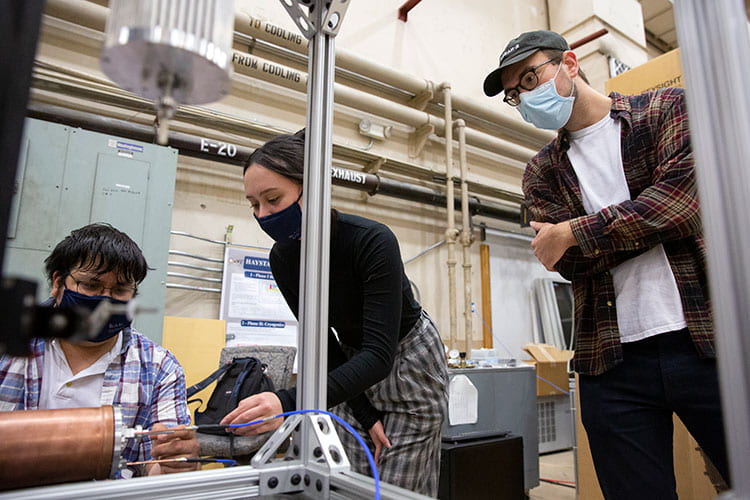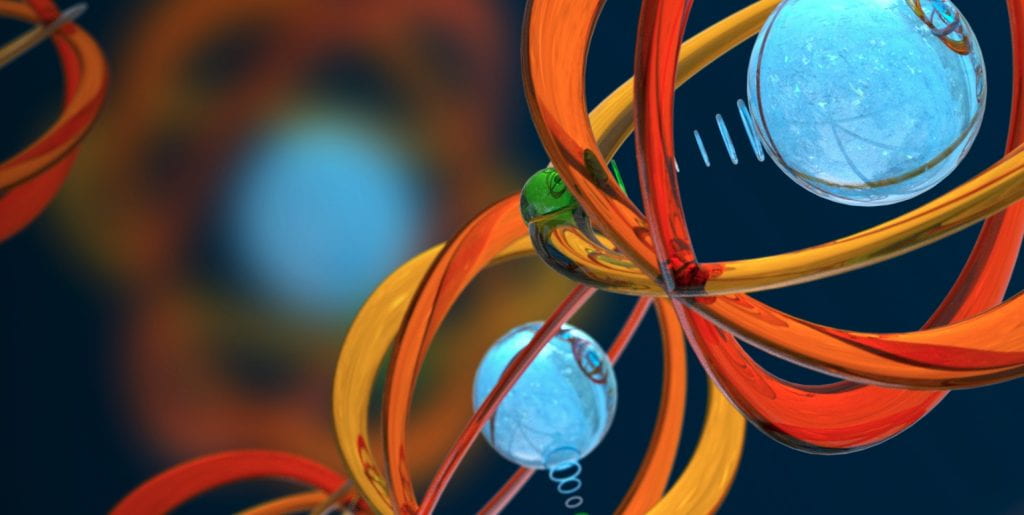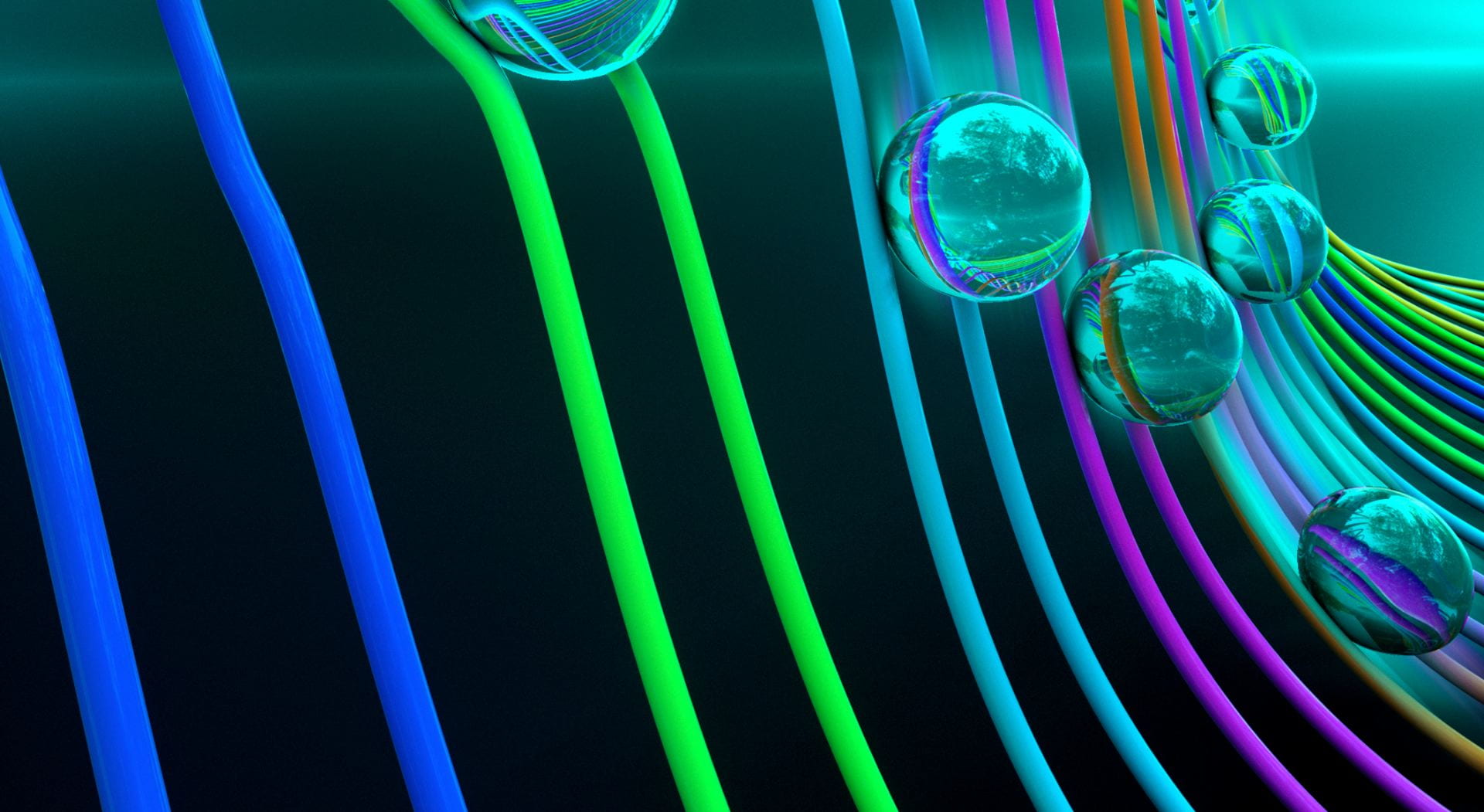
How To Protect A Quantum Computer From Itself
Check out the APS News story about QISE-NET fellow Natalie Brown, a grad student at Georgia Institute of Technology. Brown used simulations of a 36-qubit computer to study a particular type of error known as a leakage error. These errors arise because qubits are not perfect two-state systems; they can include third, fourth, or more energy levels, and a so-called “leakage” occurs when the qubit is accidentally put in one of these higher states. In an analysis of these errors, Brown found that leakage errors in ancilla qubits were much more damaging than those in data qubits.

Researchers Harness Quantum Weirdness to Speed the Search for Dark Matter
Left: Berkeley engineering graduate student Heather Jackson (center) and postdoctoral scholars Alex “Sebastian” Leder (left) and Alex Droster (right) are working with van Bibber to create the next generation of microwave cavities for the HAYSTAC detector. (UC Berkeley photo by Brittany Hosea-Small)

